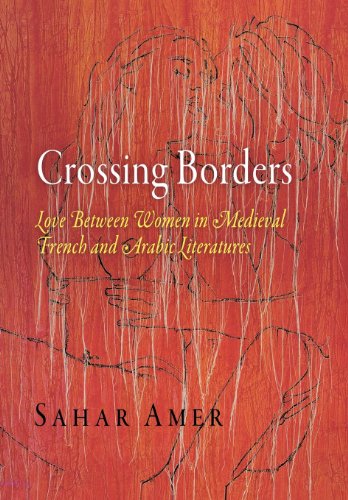

Most ebook files are in PDF format, so you can easily read them using various software such as Foxit Reader or directly on the Google Chrome browser.
Some ebook files are released by publishers in other formats such as .awz, .mobi, .epub, .fb2, etc. You may need to install specific software to read these formats on mobile/PC, such as Calibre.
Please read the tutorial at this link: https://ebookbell.com/faq
We offer FREE conversion to the popular formats you request; however, this may take some time. Therefore, right after payment, please email us, and we will try to provide the service as quickly as possible.
For some exceptional file formats or broken links (if any), please refrain from opening any disputes. Instead, email us first, and we will try to assist within a maximum of 6 hours.
EbookBell Team

4.7
16 reviewsGiven Christianity's valuation of celibacy and its persistent association of sexuality with the Fall and of women with sin, Western medieval attitudes toward the erotic could not help but be vexed. In contrast, eroticism is explicitly celebrated in a large number of theological, scientific, and literary texts of the medieval Arab Islamicate tradition, where sexuality was positioned at the very heart of religious piety.
In Crossing Borders, Sahar Amer turns to the rich body of Arabic sexological writings to focus, in particular, on their open attitude toward erotic love between women. By juxtaposing these Arabic texts with French works, she reveals a medieval French literary discourse on same-sex desire and sexual practices that has gone all but unnoticed. The Arabic tradition on eroticism breaks through into French literary writings on gender and sexuality in often surprising ways, she argues, and she demonstrates how strategies of gender representation deployed in Arabic texts came to be models to imitate, contest, subvert, and at times censor in the West.
Amer's analysis reveals Western literary representations of gender in the Middle Ages as cross-cultural, hybrid discourses as she reexamines borders—cultural, linguistic, historical, geographic—not as elements of separation and division but as fluid spaces of cultural exchange, adaptation, and collaboration. Crossing these borders, she salvages key Arabic and French writings on alternative sexual practices from oblivion to give voice to a group that has long been silenced.